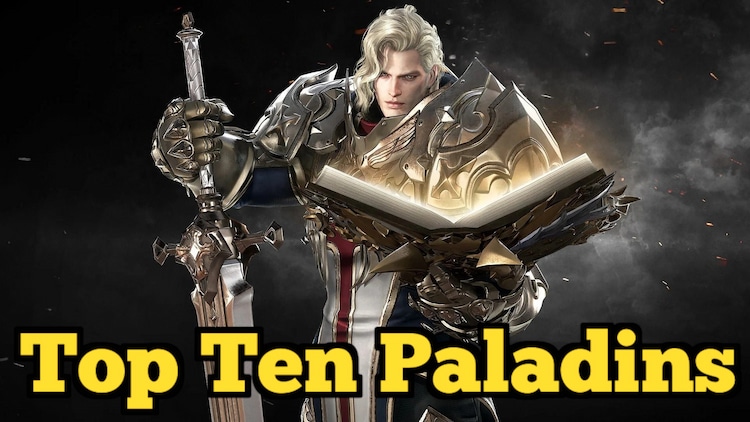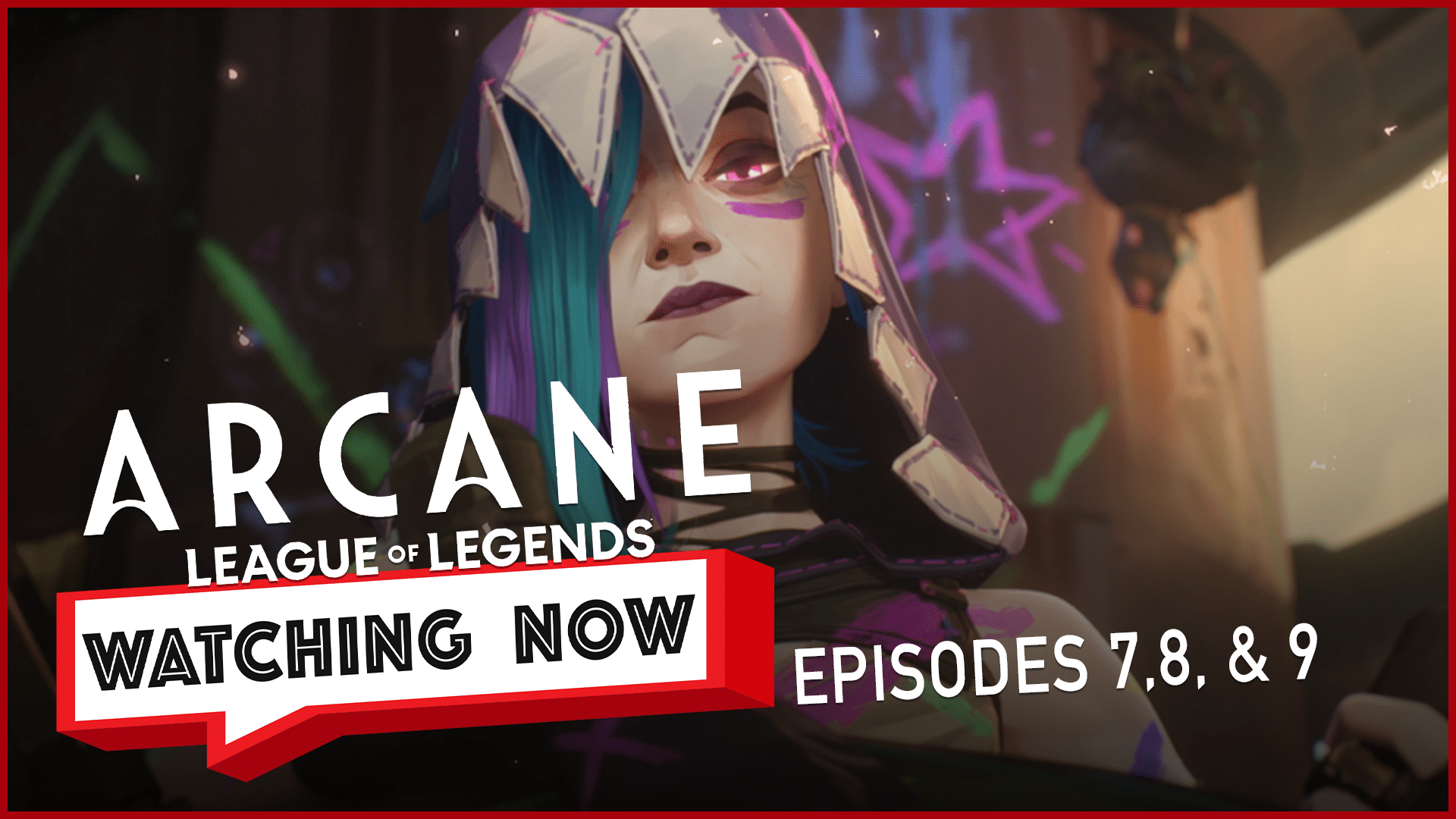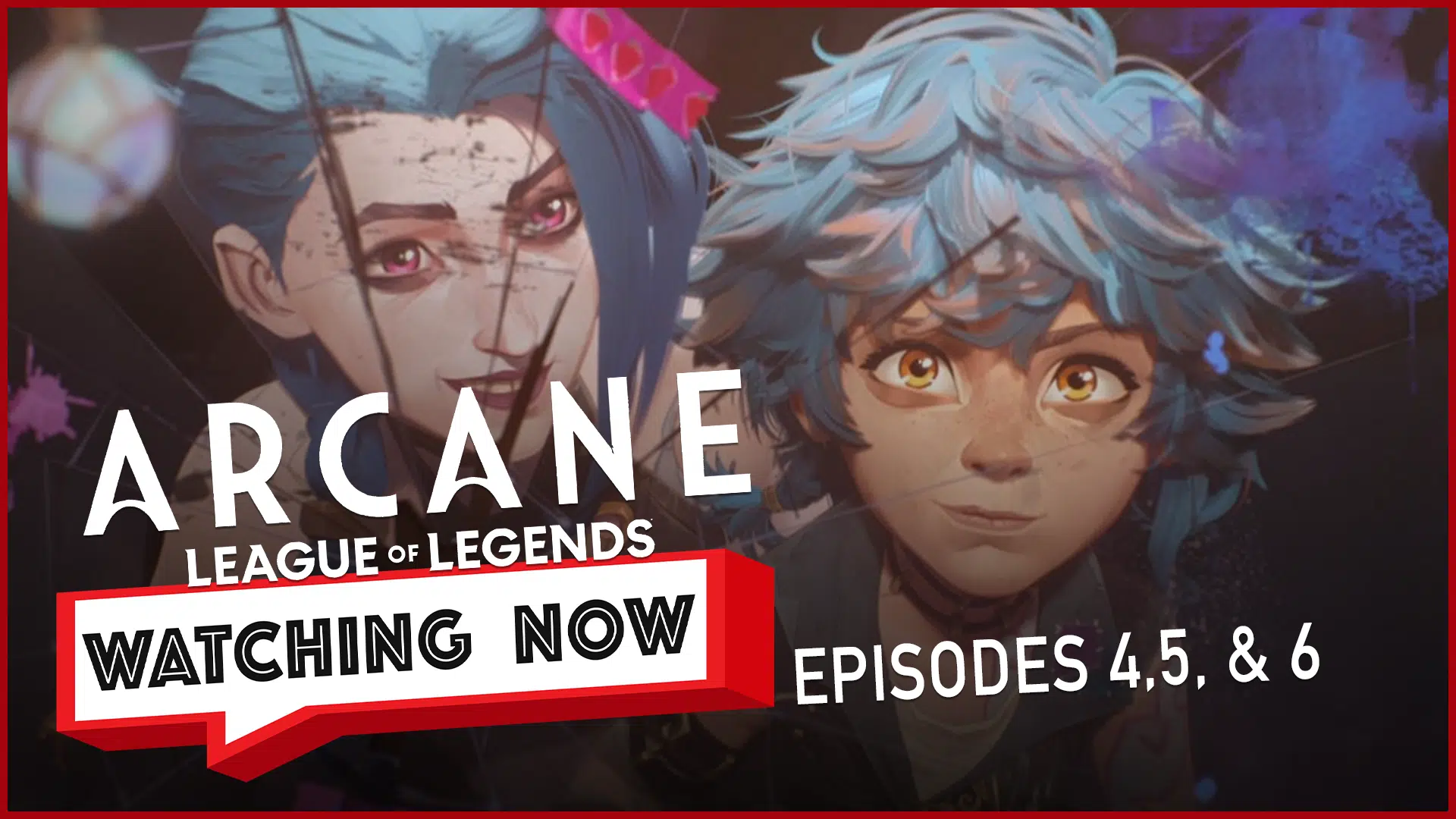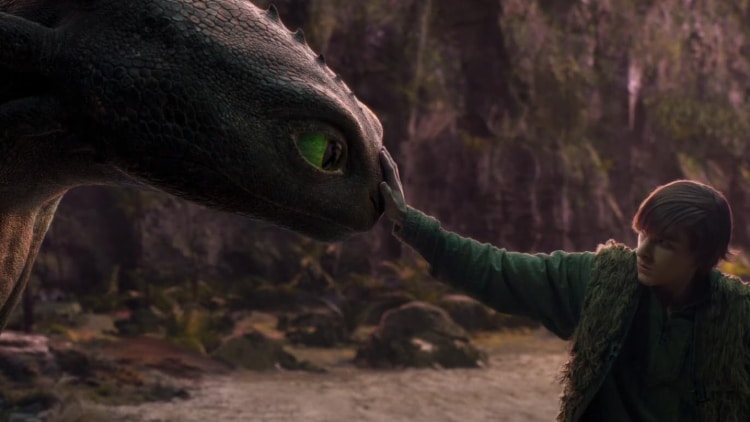
Some might say I’m a paladin enjoyer. My first DnD character was a paladin; when I booted up Baldur’s Gate 3, the first thing I did was make an Oath of Vengeance paladin. I am eternally attracted to characters who follow the path of a holy knight. So, it got me thinking, just who are the best fighters for the holy light? The cream of the crop when it comes to smiting?
Firstly, the criteria: what we’re counting as a Paladin here is someone who balances the delicate line of being a warrior and a cleric, warriors on their own won’t count here, so no Kratos, also pure Clerics won’t count either due to their faith forming the majority of their capabilities. However, a character will not necessarily have to be labeled a paladin; they only follow the aesthetic to a tee. Their power has to essentially come from the willpower their oath gives, whether that be self-given, or from an organization.
The definition of a Paladin that I’m going with is an ideal-driven character who follows a distinct set of morals that would count as an oath. So this means I can accept a typical medieval holy knight, but I could also accept a heavy-armored Warhammer 40k crusader with a rocket launcher.

Flynn is from an old Xbox 360/PS3 JRPG, and whenever I think of how a paladin would act, I end up defaulting to this insufferably stubborn guy, who ignores the main character Yuri’s arguments as to why killing is for the greater good, opting instead to take a stance against it, even if the guy who was killed was an irredeemable monster.
Does being against sin make you a paladin? Well, not completely, but couple it with his holy radiant dragon arts and outfit that screams, “Warrior of light,” and it becomes quite clear just how intertwined he is with the Paladin aesthetic. His whole idea as a soldier is to try to change the evil empire from the inside.
Eventually, through the story, he sees them as a greater evil and turns on them to join the party, despite his issues with your main character’s law-breaking. Quite the judgemental type and a mascot for “Holier than thou” attitudes.

It was difficult for me to choose a Jedi representative for this list because I had to have one. Most of the prominent Jedi are claimed by the movies, Ahsoka isn’t in any games that I know of, and Revan has no definitive path to good or evil, and whatever oath he would follow would be at the player’s discretion. Which is why I’ve chosen loveable Cal for my 9th spot.
Following his own creed and belief in the force, Cal consistently proves himself a devotee of the force but often finds himself finding the best moral path in his new world without an overabundance of Jedi. It must be pretty tough trying to uphold the tenets of your order when there may not even be an order anymore. His oath belongs to his friends and the force, meriting him the Oath of Protection.

Dragon Age’s Chantry may not be the purest of organizations, but it’s belief in “The Maker”, the more benevolent God of the Dragon Age universe. Her calling to follow the Chantry’s leader leads this woman to organize the Inquisition to purge the world of fade creatures. Basically, they are creatures made from magic. Formed from the negative emotions of humanity.
A prominent party member in the Inquisition, she follows the inquisitor into battles and provides a more lawful council should the player require it. She gave up a life as a noble to become a seeker, pretty much an FBI for magic. She plays the part of an advisor and the one who gives your character their authority at the start of the game. Her Oath is to the Chantry’s leader, Justinia, the seekers, and The Inquisition. An Oath of Duty.


This is a rather difficult one. Both of these characters follow their ideals and, in their own twisted ways, follow the path of a Paladin. But they’re at odds with each other, and neither will back down. It’s also very difficult to say who is morally right. Edelgard wishes to tear down a corrupt and despotic regime, and she’s willing to do anything to get rid of it. Demitri doesn’t believe the cost of tearing it down in blood is acceptable. But he pretty much regards anyone who breaks the peace as subhuman and worthy of shanking.
What we have here is a clash of Oath of Vengeance against Oath of Vengeance. Both of which are born from disgust at the other. Compounded by this, they both wield magical weapons which augment their abilities. Both respective rulers are driven by Oaths to themselves. And between the two, it would not be fair to discount either in favor of the other. So, they both share this spot on my list. I believe without their clashing ideologies, neither would be as enticing as they are.

This was surprising to me, but Sora meets the criteria for a Paladin. His primary motivation is to protect his friends, and is a devout follower of the light. In fact, he keeps on cradling other people’s light and hearts within himself to protect them. Also, during battle, he shouts “LIGHT LIGHT LIGHT” like a crazy maniac. Not to mention, he jumps to serve King Mickey Mouse every time he calls and consistently shows a pattern of solving problems everywhere he goes. Sora fights for the light and for his friends, making this an Oath of Friendship.
Now, please, Sora, it’s been 3 years in the game! Can you please let your parents know you’re okay?


Paladins can sometimes be a more lawful evil flavor of character; Basim has himself a rather interesting position being part of a Brotherhood of Assassins called the Hidden Ones. They have a creed and work towards stopping ancient evil. It just so happens that Basims’ past is a little bit more complicated than I can mention here. And his motivations are often skewed.
Suffice it to say Basim is a trickster who does indeed have an Oath, but while on the surface it may seem like an Oath of Protection against the Order of the Ancients, he veers quite happily into an Oath of vengeance against the Isu at the same time.
It would be easy to say Basim follows the path of a rogue quite easily, but personally, I feel like his determination, inability to stray from his own paths, and willingness to work with the hidden ones at almost every opportunity,make him quite an enigmatic figure who to me embodies the ideals of a neutrally aligned Paladin.

2B, an android in service to YoRha, has all sorts of robotic enhancements and gadgets, but above all, a mission she must follow at any cost. Why? Because she has no other purpose. The androids of Nier: Automata are clamoring for purpose; 2B just so happens to already have one that’s wracking her with guilt and sadness. Worse still, she might already know that their missions to prepare for humanity’s return are ultimately fruitless.
Yet she continues slaughtering her robotic brethren if only to fulfill both her programming and her need to serve higher powers. At least until she learns the meaning behind caring for others.
Her oath is to that of order, and within the game, we also see that breaking that oath, even if the reasoning to uphold it is pointless, can still lead to the death of everything you are. Nier Automata tells a perfect story about the tragedy of being unable to change your way of thinking and accepting the new.
“Glory to Mankind.”

Some of you may think “Hold on, Doom isn’t a roleplaying game!” But dear reader, I must point you towards Doom RPG and say that this most definitely counts. Mainly because Doomguy is exactly the archetype of Paladin that I wanted on this list. And you most definitely play his role in the game: Role Playing Game!
He is a violent psychopath, hellbent on wiping his hated enemies off the face of hell through any means necessary. His purpose is to slay demons, and he does it with an insane level of vigor.
I assume such a powerful hatred towards Demons must mean he has an oath of vengeance or at least an oath of protection toward humanity. Either way, he has special powers from a divinity machine, which is good enough for my Paladin diagnosis!
The music in the games definitely sounds like what I imagine goes through a Paladin’s head when they’re destroying heretics.

Cecil narrowly beat out Noctis from Final Fantasy 15 for this spot. But Cecil will always be the Final Fantasy Paladin. Upon realizing the Oath to his empire is morally bankrupt, Cecil becomes a traitor and, together with his party, rebels against his emperor. During the course of his journey, he comes across a cave of trials where his transformation to a paladin is achieved through abandoning his self-hatred.
Cecil’s motives and character development throughout the game are quite immense, as he goes from an “Only following orders” type of Dark knight into a warrior of light. It’s a classic and iconic embrace of the ideals of heroism and how it’s never too late to embrace a new path, even if you’re in too deep with a bunch of megalomaniac empire enjoyers. Cecil’s oath is to the light and to his partner Rosa, who is a large reason for his character motivation.


Is there ever going to be a franchise that’s done Paladins better than Warcraft? Not only do we have heavyweights, Uther the Lightbringer and Tirion Fordring, but we also have the man himself, Prince Arthas. My absolute favorite story of a Paladins fall from grace I’ve ever seen. Thrust into an unwinnable situation with his city overrun by undead, Arthas made the tough call to honor his oath and eradicate the city of Stratholme, but faced with increasing desperation, he seeks out power, becomes goaded by a demon, only for the power he sought to consume him and turn him onto the path of becoming the dreaded Lich King.
Arthas is without doubt the quintessential Paladin, a follower of the light, so obsessed with fulfilling his duty that it turned him into what he wished to defend against. Quite similar to the tale of Anakin Skywalker, except unlike Anakin, Arthas was uncompromising, determined, and resourceful enough to fulfill his goal, but at a terrible and unforgivable price. He thought his will was enough to stave off corruption, for a paladin is, by its nature, incorruptible. The tragedy is that he did all this without realizing he had been corrupted long before he took up the cursed blade he sought.
He’s The Quintessential Oath of Vengeance example and, in my opinion, the best Paladin example in fiction.

Did you enjoy the list? Got any problems or additions? Talk to me in the comments below, and we’ll discuss it!



